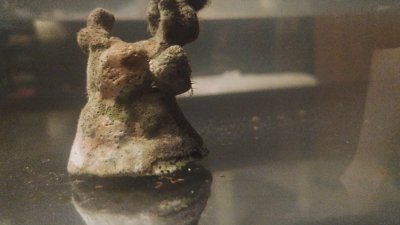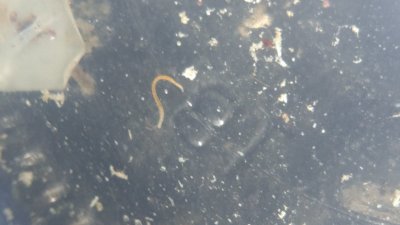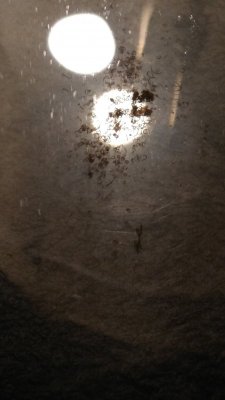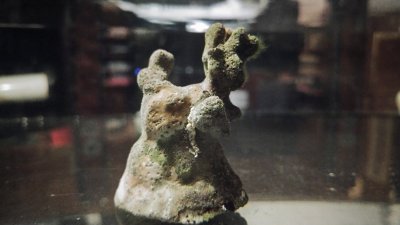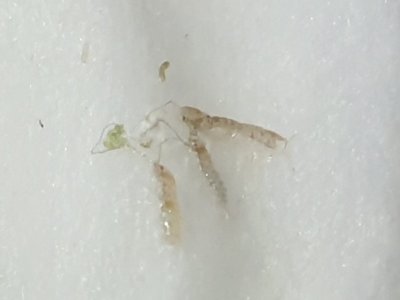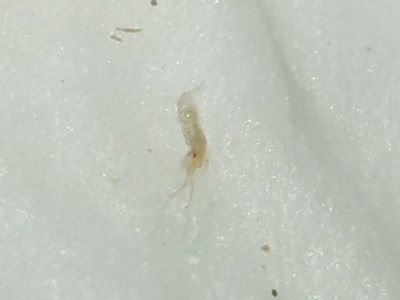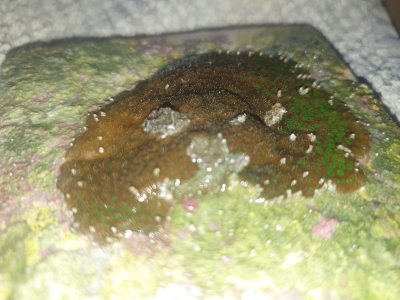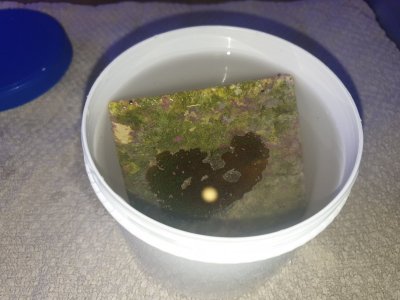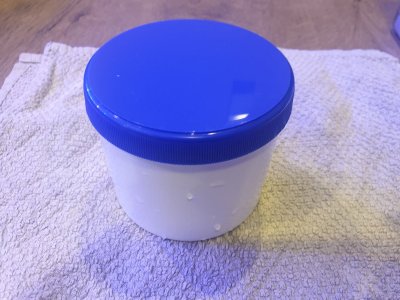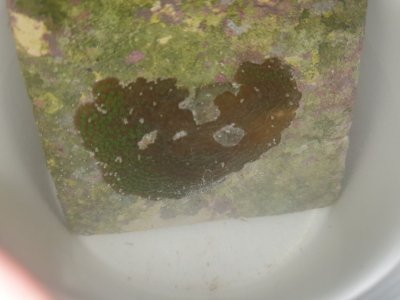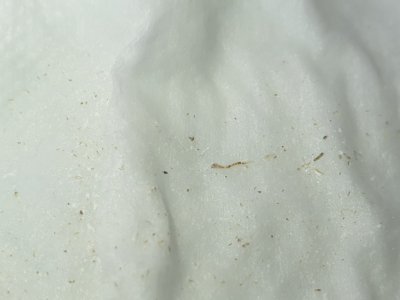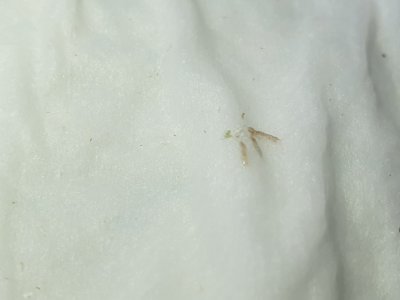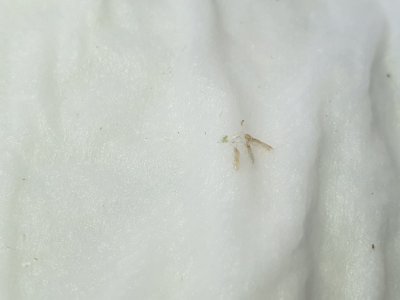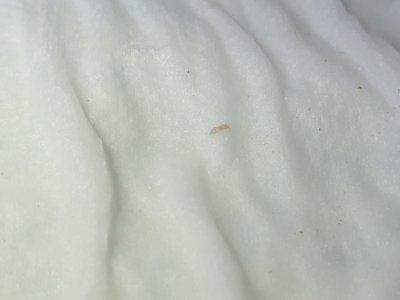Hey guys/gals,
I seem to have an issue going on in my reef. These tube worms are growing on my sps, not really irritating them but sure as heck being ugly. If I look really closely, there are 2 tiny antennae (or at least I think there are). They don’t have the feather structure of hyoids and do not seem to sting. The tubes break easily but grow back fairly quickly in the same area. I have a melanurus wrasse in the tank and he doesn’t seem to eat them at all.


Anything I can do to kill/irradicat them? Considering trying interceptor. Please help!
I seem to have an issue going on in my reef. These tube worms are growing on my sps, not really irritating them but sure as heck being ugly. If I look really closely, there are 2 tiny antennae (or at least I think there are). They don’t have the feather structure of hyoids and do not seem to sting. The tubes break easily but grow back fairly quickly in the same area. I have a melanurus wrasse in the tank and he doesn’t seem to eat them at all.

Anything I can do to kill/irradicat them? Considering trying interceptor. Please help!









